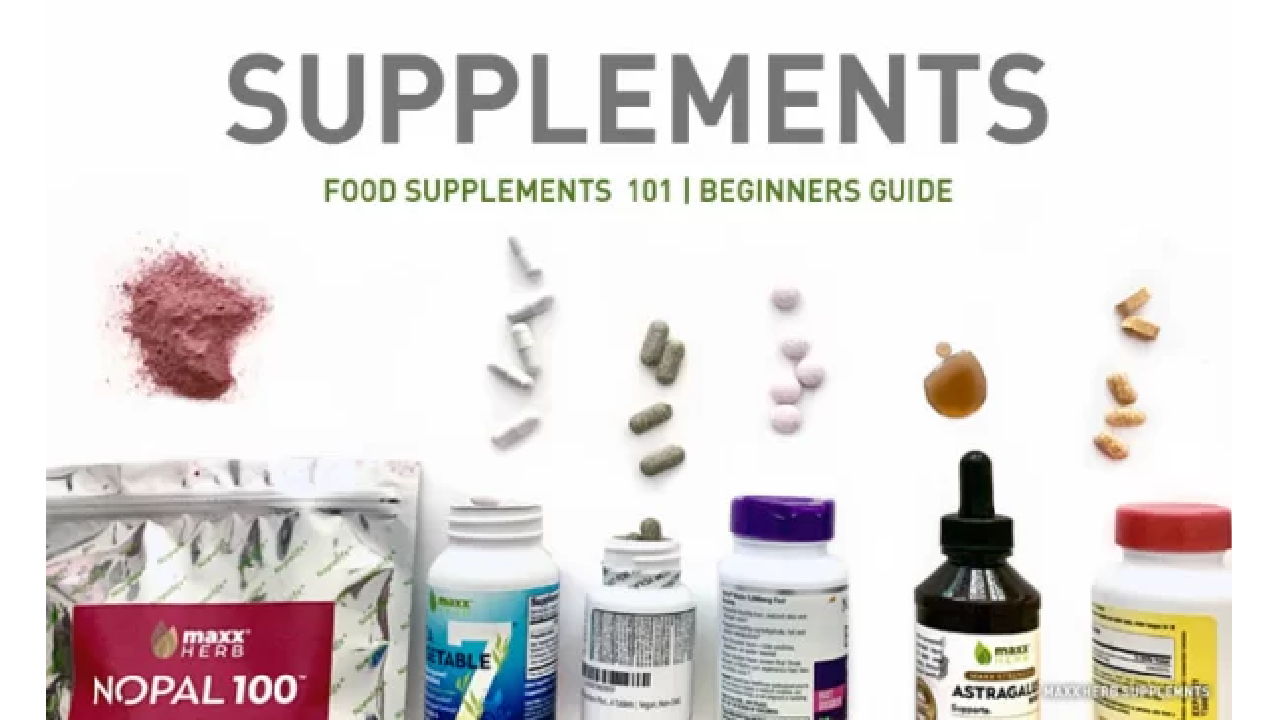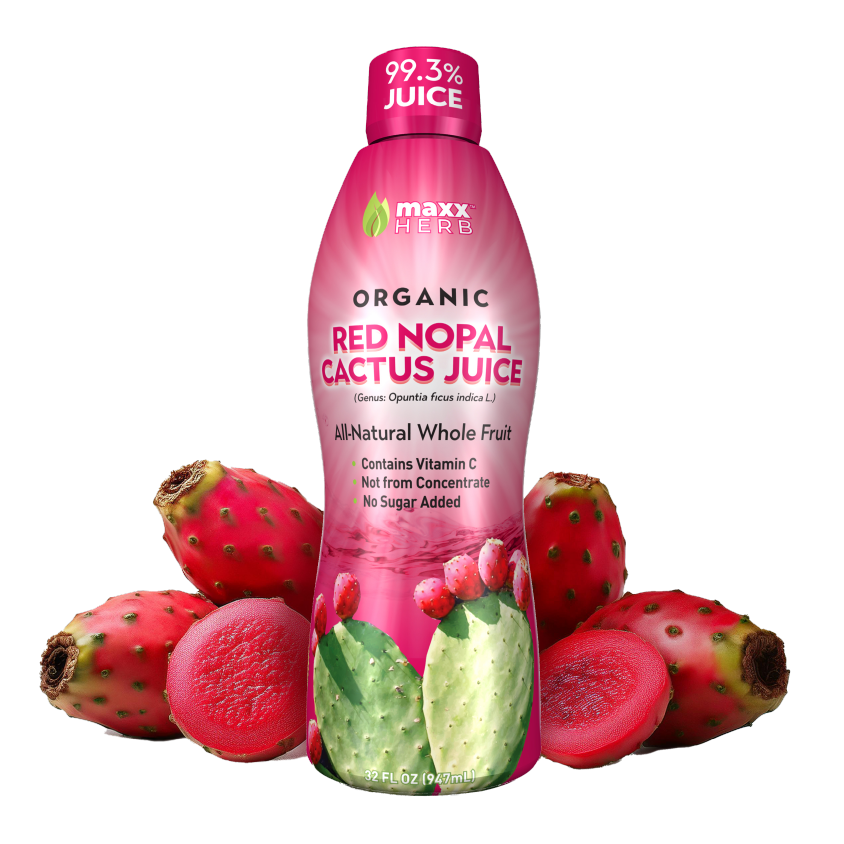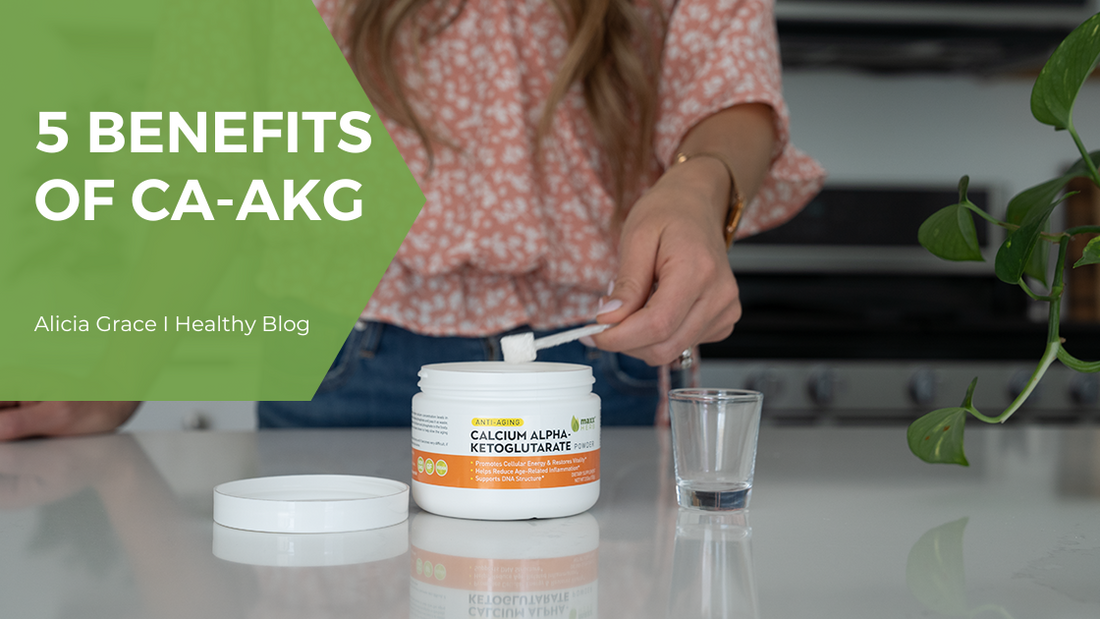What is a food supplement?
Food supplements are used to provide nutrients to the body in a concentrated form that may not be sufficiently consumed or provided in a diet.
A dietary supplement is a manufactured product meant to improve the diet when taken by mouth as a pill, capsule, tablet, or liquid. A dietary food supplement can provide extra needed nutrients by either extracted from food sources or synthetic, individually or in combination.
Food Supplements can be vitamins, minerals, fatty acids, and amino acids that the body needs to function correctly.
What are the different types of dietary food supplements?
Dietary supplements (food supplements) come in many forms. They can be powders, pills, capsules, tablets, tinctures, and liquid extracts.
Food supplements also come in a variety of doses and different combinations. Read carefully the instructions and follow directions provided by the manufacture of the supplement.
Please visit our blog post on “What you need to know about supplements.” for futher information.
Who needs food supplements?
There are many reasons why people will need food supplements.
- For some people they may have a compromised immune system and they need extra nutrients to support their bodies natural immune system.
- For some it may be for health issues that prevent their body from absorbing nutrients properly or sufficiently from a normal healthy diet.
- For some it may also be due to the foods they eat that don’t provide enough of the right nutrients for the body to operate to its fullest potential.
Some people can obtain the right nutrients from proper nutrition, however, if simple lifestyle changes are not enough and you have consulted your doctor, and you need extra support, witch most people do, then the right supplements will help.
Examples of population groups requiring specific advice about supplements and may need food supplements for extra support.
- People over age 50 may need extra Vitamin D, Vitamin B12, Folate. Elderly adults with a weaken immune system may benefit from a low-dose multivitamin supplement.
- Women of childbearing age may need folic acid and vitamin D, and possibly iron.
- Women Breastfeeding may need vitamin D.
- People with insufficient sun exposure or darker skin may need vitamin D.
- Children under age 5 may need vitamin A, vitamin C, vitamin D, although children with a good appetite who eat a wide variety of food may not need them.
- Vegans may need vitamin B12, vitamin D2
- People with certain conditions that limit their colons ability to absorb nutrients completely may need extra vitamins and minerals, like vitamin A, vitamin C, vitamin D, vitamin B12 and and possibly iron.
Which form of supplement works the best?
Specific forms of supplements will not thoroughly or adequately absorbed into the body and, as a result, will Not provide adequate benefit.
Tinctures or liquid extract supplements are better absorbed by the body and at a faster rate, maximizing the nutritional benefit and eliminating the need to take more to make up for the wasted amount that passes through your body untouched.
Not all food supplements will provide the proper amount of ingredients to make a nutritional difference.
Read the label to determine the purity of the ingredients. Is it more water or filler than the supplement? Is it pure natural ingredients? The first ingredient listed will be the dominant ingredient.
Supplements with “proprietary blends” do not have to report any ingredient amounts on their labels and should be avoided.
Natural food supplements are best when it comes to ingredients.
Herbal dietary food supplements are derived from nature and can come from flowers, leaves, roots, bark, and fruits. Most are processed naturally with little, if not any chemical preservatives.
Herbal dietary supplements should have less than three ingredients and are usually vegan, but not necessarily non-GMO. Some may be gluten-free and organic. Don’t be afraid to ask questions of the manufacturer before using supplements.
A few more essential tips to be aware of with supplements:
1. Caution is best.
Before taking supplements, consult with your doctor if you are taking medication, pregnant, or breastfeeding. Make sure the supplement is compatible with your current medications. Women that are pregnant or breastfeeding should also consult their doctor before beginning any new supplements.
2. Try only one new supplement at a time.
It is wise to try a small amount first when trying a new supplement. Stop taking the supplement if you feel ill.
3. Store supplements in the appropriate location.
Some supplements may be sensitive to light or to the environment. Follow storage instructions, and if they are not available, ask the seller for them.
4. Who regulates supplements?
Supplement Health and Education Act (DSHEA), which protects the right of consumers to access supplements for wellness.2
5. Read the supplement label for ingredients.
If you have allergies, make sure to read the ingredients before using supplements. If you don’t understand an ingredient on the label, then it is most likely not natural, and you should look it up online. It is always better safe than sorry when it comes to your health and well being.
SUMMARY
Some groups of people are advised to take specific supplements. Food Supplements will supply the missing nutrients your body may need or can’t get enough of from standard diets. Avoid taking multiple doses that exceed the Recommended Daily Amounts (RDAs) or the manufactures instructions.
Herbal supplements are a better choice, and liquid extracts have the best absorption rate and the best value. Most extract supplements also provide a highly concentrated amount of nutrients you will not find in other supplements and most diets.
If you have any questions, please email us, and we would be glad to answers any questions you have about supplements.
Cautions:
If you are pregnant, nursing or taking any medications, or allergic to food, consult with your healthcare provider before use. Keep out of the reach of children.
*Statements regarding dietary supplements have not been evaluated by the FDA and are not intended to diagnose, treat, cure, or prevent any disease or health condition.





